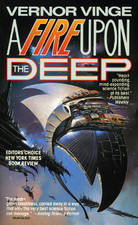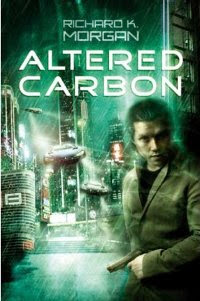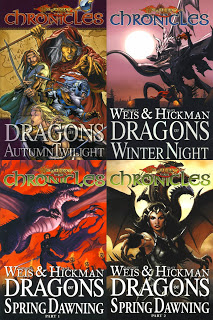
I remember the first time it happened. We were just beginning to watch your struggle, the rise of such wonderful life, then the strike. It had happened before, but we weren't really paying attention. This time it was incredible drama. Galaxies cried out in anguish and desperation, but it wasn't the end. No, you survived, rebuilt, went on.
It's funny, the first time apes started acting smart there was a lot of disappointment. Ugly, cumbersome, a bit mad, everybody thought. But we continued to watch, mesmerized, as you got through so much that almost destroyed you. You changed, you evolved.
Then you bloomed. Started talking, singing, thinking and painting. Further on you started writing. What a wonderful flower you were. Worlds would die and form on the sounds of your wails or yells of joy. We loved it all, the wars, the art, the science, the suffering. We gulped it up, knowing that it was not going to last. They never do, we thought.
We cheered for you when you were dying in the great pandemics, we cried for you when you killed each other, you had our full attention when you almost destroyed everything with nuclear devices. Some of us rooted for that ending. They love violent, brusque ends, some of us do. But it didn't happen.
Oh how you danced, how you sang, the beautiful things you thought and put in writing, in films, did with your computers. We knew you were close to the end and we knew that it was all good stuff, because we didn't want it to end, but they all end, don't they?
We marvelled at your ships, at your resilience in hoping to contact others... us... and we cried. The space battles were magnificent. You took inspiration from your history and created fiction, then you used fiction to create your future. You bypassed your present altogether. A whole universe laughed and cheered. Those were good times.
Your enormous space habitats, floating around your sun, always changing, always growing, they gave us hope. Hope that some of you might make it, leave your system. Sometimes it happens. We love splinters, that we do, but it didn't happen. You stayed put.
And then your flower wilted away. You had altered yourselves, you had become faster, smarter, you had already merged with the machines you had built and defeated most of your biological problems. You were invincible and beautiful, immortal. But then you found it; after all, they all do, the universal link, the thing that finally allowed you to fulfil your dreams. You found us.
And now you listen to our songs, watch our histories, run our software, use our technology. But we remember you, how beautiful you were when you were young. We all loved you, humans. Now that you are old, like us, you have control. You are us. Join in watching this wonderful new life that emerges from the chaos. It's a great show. And maybe some will make it, some will manage to be different, somehow, sometime.
 I have been watching this weekly space show made by a husband and wife couple working for SpaceX. Initially called Spacevidcast, now it is called TMRO (pronounced Tomorrow). It is a great show, great quality, nice humor and, more than anything, a comprehensive video report on weekly events in space exploration, commercial or otherwise. If you are even remotely interested in space, you should subscribe. And they have been doing it all from their own resources and crowdfunding for seven years! You gotta love that.
I have been watching this weekly space show made by a husband and wife couple working for SpaceX. Initially called Spacevidcast, now it is called TMRO (pronounced Tomorrow). It is a great show, great quality, nice humor and, more than anything, a comprehensive video report on weekly events in space exploration, commercial or otherwise. If you are even remotely interested in space, you should subscribe. And they have been doing it all from their own resources and crowdfunding for seven years! You gotta love that.





